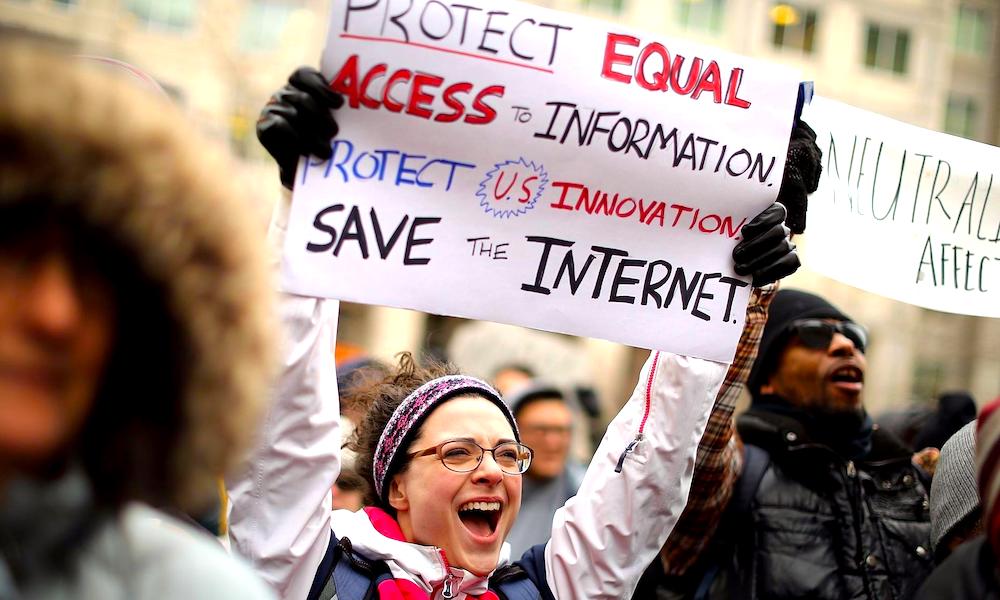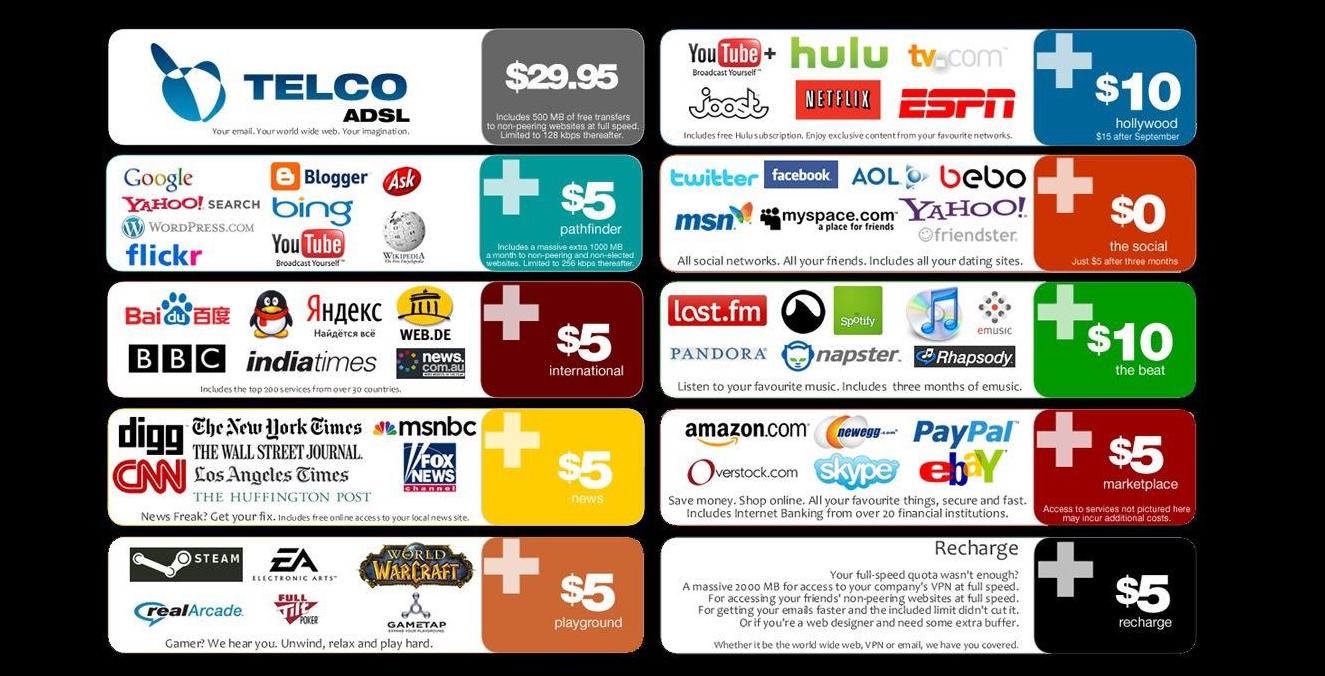The FCC Just Killed Net Neutrality – Here’s What to Expect

Toggle Dark Mode
The Federal Communications Commission voted Thursday to gut net neutrality protections. So yes, the FCC just killed the Obama-era net neutrality regulations — and in a way that many say is extremely undemocratic. According to Trump-appointed FCC Chairman Ajit Pai, the FCC is simply stopping the government from “micromanaging the internet.”
What happens now? That’s a bit complicated to answer, and many changes won’t take place overnight. But here’s what the end of net neutrality means for you.
What Is Net Neutrality?
Put simply, net neutrality is the concept that all internet traffic should be treated equally by internet service providers.
It means that these ISPs can’t play favorites and give priority and speed boosts to services that have paid for quicker access. Or restrict access to websites and apps, allowing usage of those services for a price.
Here’s what our internet, without net neutrality, could look like.

On the flip side, it means they can’t throttle or block data for services who haven’t paid. It also means that they can’t favor services or content that they, themselves, own.
The net neutrality rules that the FCC just did away with were approved under the Obama-era FCC in 2015. Indeed, the current FCC voted along party lines — with its Republican majority in favor of killing neutrality. Massive internet service providers like AT&T also support gutting net neutrality regulations. On the other hand, Democrats, consumer groups and tech companies like Google and Facebook all supported keeping the net neutrality regulations intact.
What You Can Expect
1. Prioritized Access
For one, the FCC did away with regulations that barred service providers from speeding up or slowing down contend arbitrarily. It also killed the rule that kept ISPs from favoring their own content.
Yes, this means that ISPs can prioritize content on an “internet fast lane” for content providers and creators who have forked over a fee. It also means that Comcast could — theoretically — throttle Netflix in order to make its own media content platform more competitive.
Thankfully, there’s still a requirement in place for ISPs to be transparent about blocking, throttling or paid prioritization. Post-net neutrality, the Federal Trade Commission has been tasked to evaluate whether these practices are anti-competitive.
2. Increase of Zero-Rated Services
It may not be all bad news — if only for a time. The end of the net neutrality may also mean we see an increase in the number of “zero-rated services.” Put simply, that’s services like video streaming platforms that don’t use up any monthly data.
Because of that, columnist Christopher Mims of the Wall Street Journal wrote that consumers would love the end of net neutrality but only at first.
3. Internet Monopolies
Of course, with prioritized access, we could see a massive consolidation of tech and content companies. Here’s why.
If ISPs give a speed bump to content companies that can pay their fees, it’ll make that content more attractive to consumers (no one likes buffering videos). That means smaller, independent content creators will be left at a disadvantage.
Not being able to pay hefty prioritized access fees in the first place could mean that smaller content companies won’t be able to attract an audience. In a domino effect, they could lose their profits and their advertisers. They won’t have funding to create new content, and could eventually die out, according to media executive Sergey Denisenko
If the smaller companies lose their ability to fairly compete, then there could be a monopolization effect in which we really will only see content created by one or two larger corporations. There’s a reason why social media companies like Snapchat are worried about the end of net neutrality, and what it could mean for their long-term prospects.
What Happens Next?
Of course, this isn’t necessarily a done deal quite yet. While the FCC has officially killed net neutrality, the issue is very likely to end up being challenged in court. Similarly, members of Congress have been talking about a bipartisan solution to the net neutrality issues. Any legislation passed by the House and Senate would automatically supersede FCC regulations.






